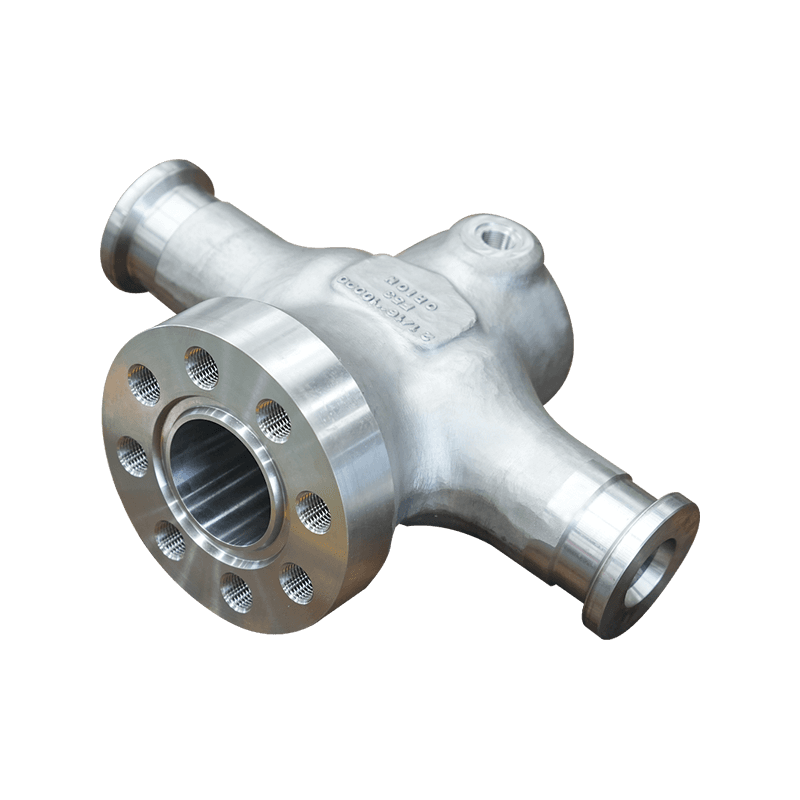In industrial applications where precision, reliability, and durability are essential, forged valve parts have become the go-to solution. Their resilience and ability to withstand extreme conditions make them crucial in various sectors such as oil and gas, chemical processing, and power generation.
The Forging Process for Valve Parts
Forging involves shaping metal through controlled deformation, usually under extreme pressure. This process begins by heating the metal to a temperature that makes it malleable, without melting it. The forging process can be performed using different techniques, such as:
Open-die forging: In this method, the metal is compressed between flat or shaped dies without fully enclosing the workpiece. It is typically used for large parts.
Closed-die forging: The metal is pressed into a die that completely encloses the material, ensuring a more precise shape and size for smaller, more intricate parts.
Hot forging: This process involves heating the metal to a high temperature, which allows it to be shaped more easily and reduces the likelihood of cracking.
Cold forging: Cold forging is done at room temperature, resulting in increased strength and improved surface finish for the forged part.
Once the valve part is shaped, it undergoes various post-forging processes, such as heat treatment to further enhance its mechanical properties, machining to achieve exact dimensions, and surface finishing to improve resistance to corrosion.

The Importance of Forged Valve Parts
Forged valve parts are preferred over cast or machined parts for several reasons. Their unique properties offer distinct advantages:
Structural Integrity: The forging process aligns the metal’s grain flow, resulting in components that are stronger and more resilient than parts produced by other methods. This makes forged valve parts ideal for applications where high strength and durability are crucial.
High-Pressure Tolerance: Forged valve components are better suited to withstand high-pressure environments, which is essential in industries like oil and gas, where valves must manage intense pressures during operation.
Temperature Resistance: Forged parts are resistant to thermal fatigue, ensuring that they can perform efficiently even under extreme temperature fluctuations, which is a common challenge in power generation and chemical processing.
Longer Lifespan: Due to their enhanced mechanical properties, forged valve parts last longer and require less maintenance compared to their cast or machined counterparts. This reduces operational downtime and leads to lower overall costs.
Key Industries and Applications
Several industries rely heavily on the superior performance of forged valve parts. These include:
Petrochemical and Oil & Gas: Forged valve parts are used to regulate the flow of volatile liquids and gases in exploration, refining, and transportation processes.
Power Plants: Steam and water control in power plants requires robust valves to maintain efficiency and safety under high-pressure conditions.
Manufacturing: Forged valve parts are employed in the production lines of manufacturing plants, ensuring precise flow control of liquids and gases.
Pharmaceuticals: In pharmaceutical production, forged valves are used in sterile environments to control the flow of chemicals and ensure contamination-free processes.

 English
English русский
русский
